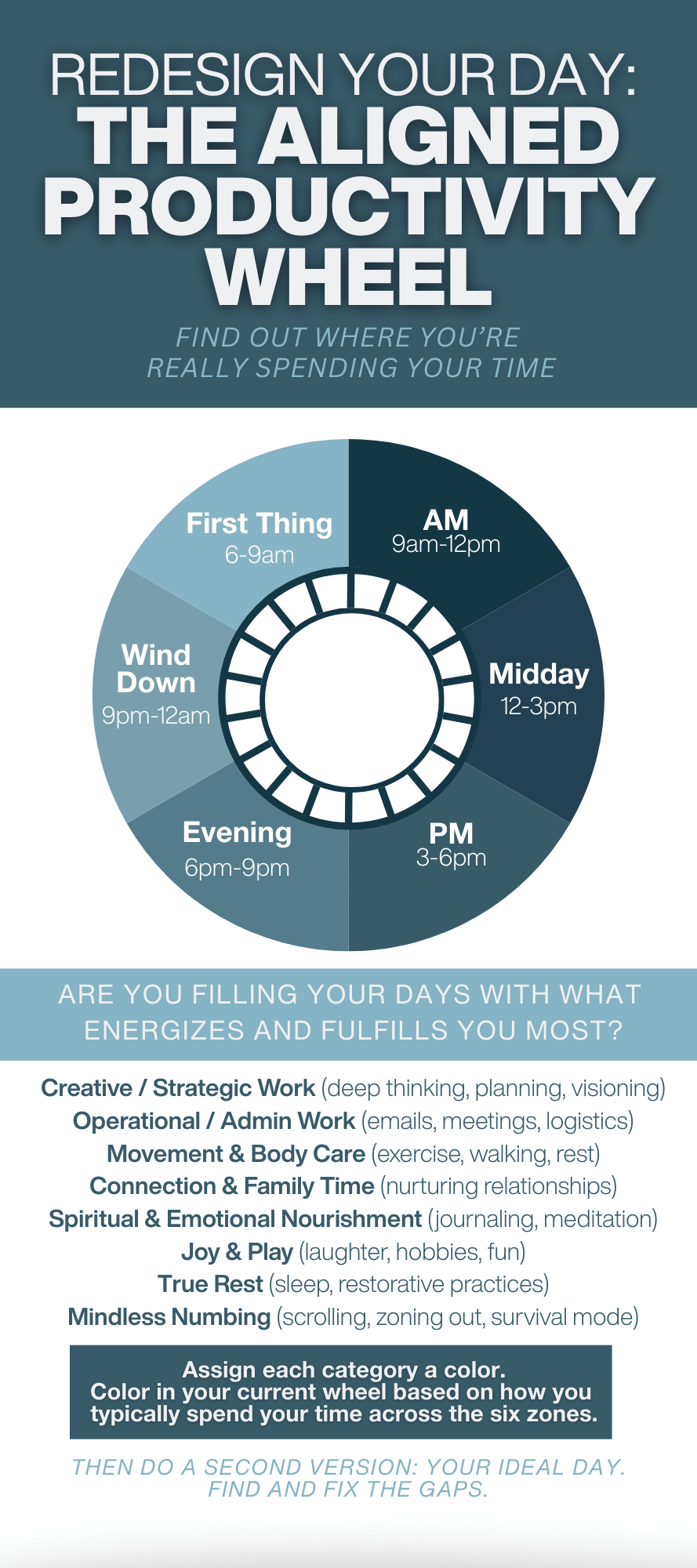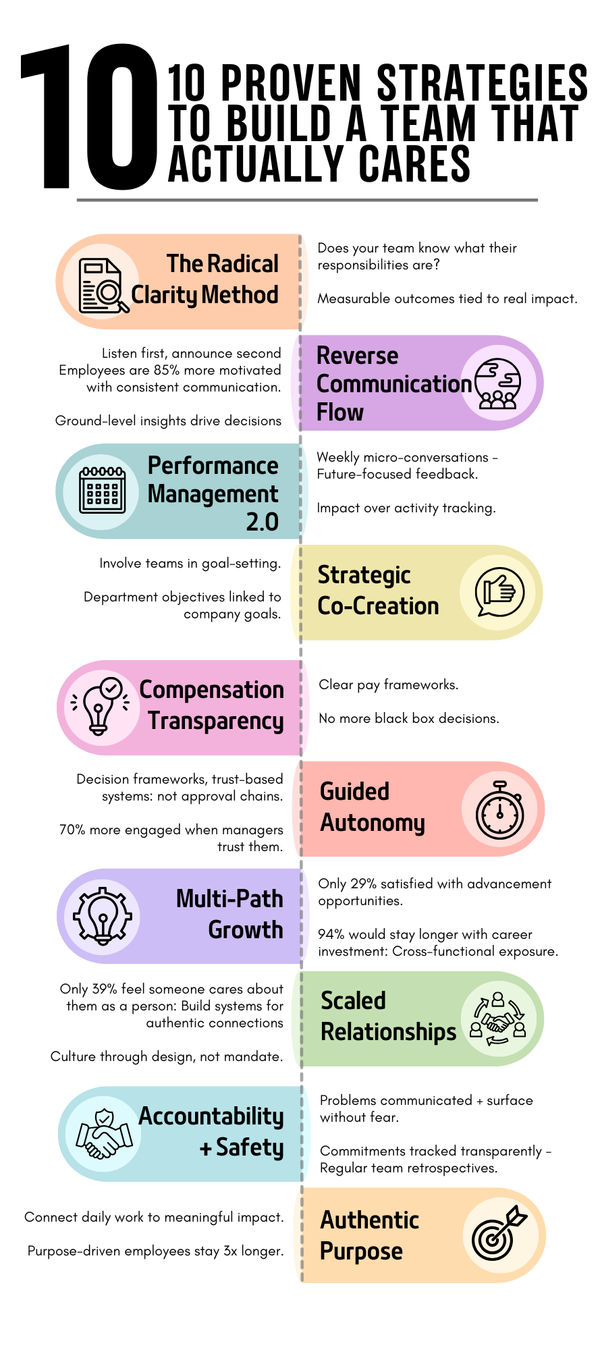
Burnout occurs when work stress simply becomes too much to handle, causing you to feel fatigued and cynical. Research published in PLOS ONE suggests that there are actually three types of burnout, all of which relate to bad coping strategies.
[contextly_sidebar id="gKBUli0wevhdVc1LCIgnLBTkY3sqBMA7"]
Overload Burnout
This type of burnout is caused when an employee works furiously until they reach exhaustion. Researchers say this is most commonly linked to emotional venting. Those who experience overload burnout will try to cope with their stress by complaining specifically about the company's hierarchy and how it may limit their own ambitions.
Under-challenged Burnout
This burnout begins when the employee is bored and feels a lack of personal development. This is linked to an avoidance coping mechanism in which the under-challenged employees begins to distance themselves from work. This leads to depersonalization and cynicism.
Worn-out Burnout
People who suffer from this type of burnout want to achieve a specific goal but have lost their motivation. Instead, they have given up due to the stress they have faced.
Researchers suggest that the best way employers can help employees suffering from burnout is by investing in therapies that help them cope with stress.










Member discussion